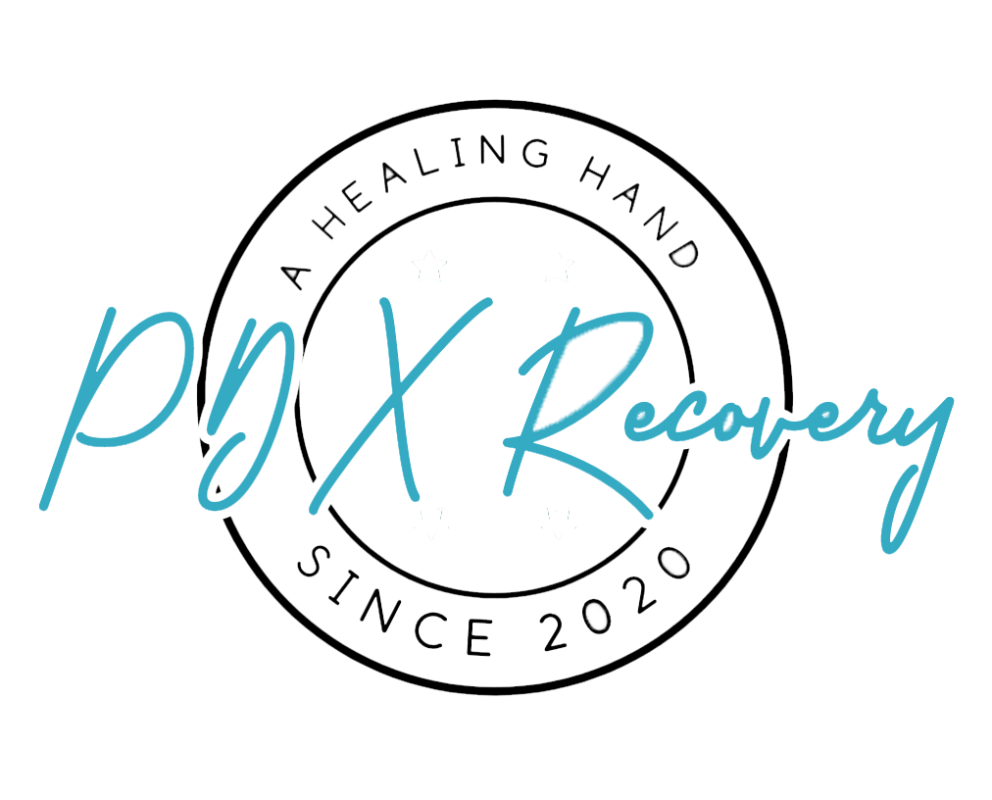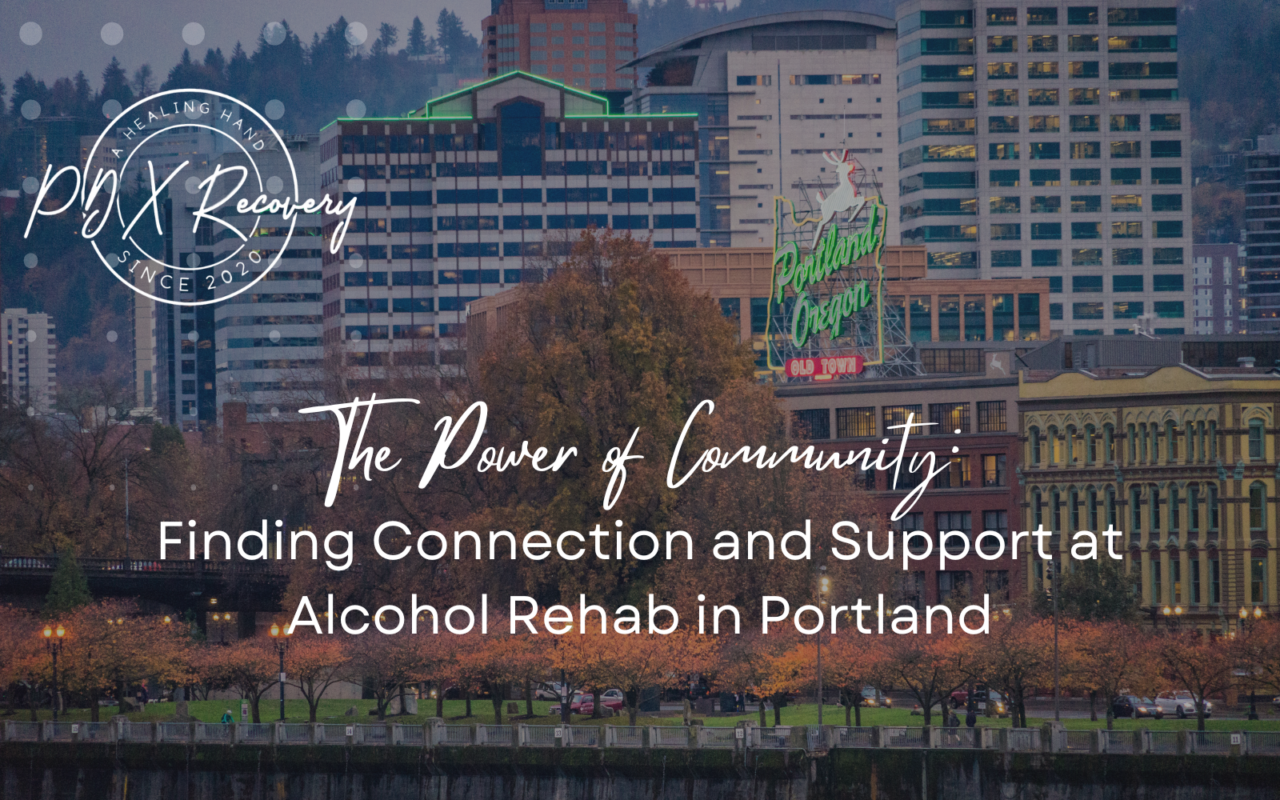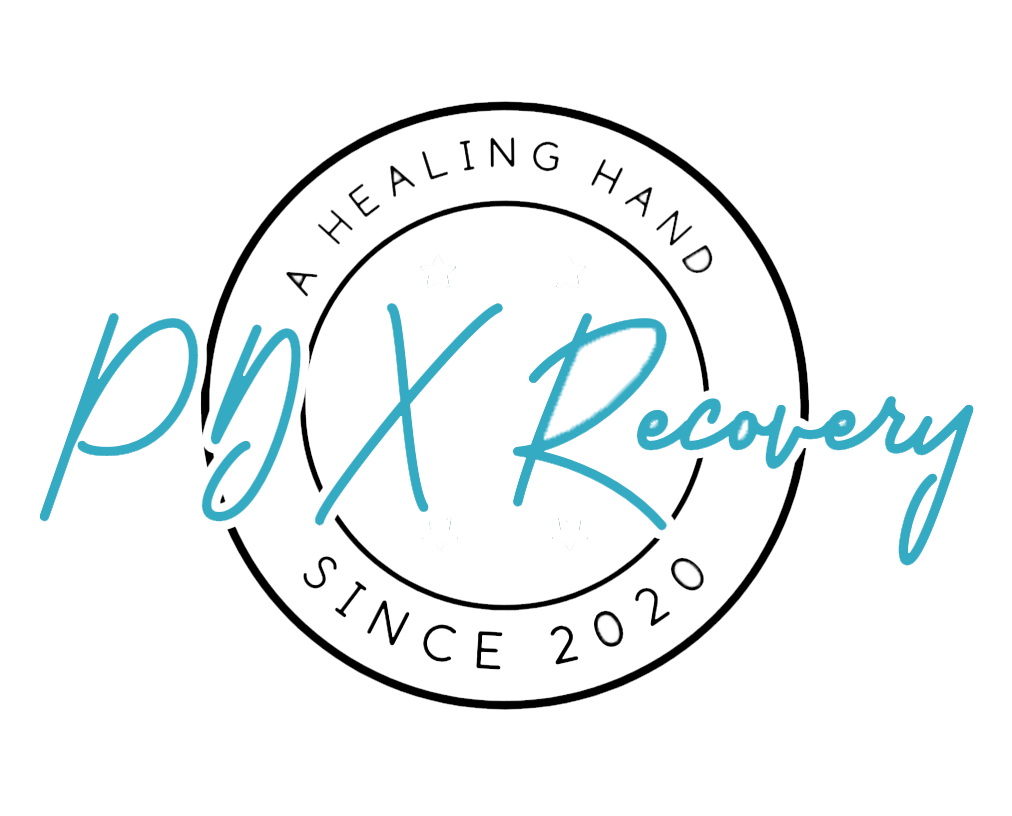Recovery from alcohol addiction is no easy feat, but the power of community can make all the difference. This blog post delves into the vital role that community plays in the recovery process, especially within the unique context of alcohol rehab in Portland. By exploring how shared experiences and mutual support can foster connection and aid in overcoming addiction, we hope to shed light on the transformative impact of community involvement.
Understanding Addiction and Isolation
Addiction is a complex condition characterized by compulsive substance use despite harmful consequences. It often leads individuals down a path of isolation, where they become increasingly disconnected from friends, family, and society. This isolation can exacerbate addiction, as feelings of loneliness and social disconnection deepen mental health struggles. In many cases, addiction starts as a way to cope with difficult emotions or life situations, but over time, it becomes a self-sustaining cycle that alienates individuals from their support networks.
Addiction doesn’t just affect the individual; it also impacts their loved ones. Families and friends often feel helpless, frustrated, and hurt by the behavior of the person struggling with addiction. This can lead to strained relationships and further isolation. The stigma associated with addiction also plays a role, as individuals may fear judgment and rejection, leading them to hide their struggles and withdraw even more from social interactions. Seeking support through alcohol rehab in Portland can be a crucial step in breaking this cycle and rebuilding connections.
How Isolation Perpetuates Addiction
When individuals isolate themselves, they lose valuable social support networks that could offer help and accountability. This lack of connection can make it difficult to resist the urge to drink, as there’s no one to turn to for encouragement or support. Social disconnection also increases the risk of depression and anxiety, further fueling the cycle of addiction. Without a sense of belonging or a community to rely on, individuals may feel trapped in their addiction, believing that no one understands their struggles or can offer meaningful assistance. Seeking “alcohol rehab in Portland” can provide the necessary support and resources to break this cycle.
The cycle of addiction and isolation can be challenging to break. Isolation can lead to negative thought patterns, such as feeling unworthy of help or believing that recovery is impossible. These thoughts can reinforce the addiction, making it harder to seek out support. Additionally, isolation can result in a lack of access to resources and information that could aid in recovery, such as treatment options, support groups, and educational materials about addiction. Exploring options for alcohol rehab in Portland can be a crucial step towards recovery.
The Psychological Toll of Isolation
The psychological impact of isolation is profound. Loneliness can lead to feelings of worthlessness, hopelessness, and despair. These emotions can be particularly detrimental for someone struggling with addiction, as they can intensify the urge to use substances as a coping mechanism. Over time, the person may come to believe that their addiction defines them and that they are beyond help. This mindset creates a significant barrier to seeking treatment and support.
Furthermore, isolation can distort an individual’s perception of reality. Without feedback from a supportive community, they may become entrenched in negative thinking patterns and unhealthy behaviors. They might convince themselves that no one cares about their well-being, or that their addiction is a personal failing rather than a complex condition that requires professional intervention and community support.
Benefits of Community for Recovery
One of the most powerful elements of recovery is the sense of belonging that comes from being part of a supportive community. In a communal setting, individuals feel understood and accepted, which can significantly boost their confidence and motivation to stay sober. This environment also provides a natural support network where members hold each other accountable and offer encouragement when challenges arise. The collective strength of the community becomes a vital resource for those in recovery, as shared experiences foster empathy and mutual support.
Community involvement offers numerous benefits, including emotional support, practical assistance, and a sense of purpose. Emotional support comes from knowing that others care about your well-being and are there to listen and offer advice. Practical assistance might include help with finding employment, housing, or accessing healthcare services. A sense of purpose can be derived from contributing to the community, whether through volunteering, mentoring others, or participating in group activities.
For those seeking alcohol rehab in Portland, finding a supportive community can make all the difference in a successful recovery journey.
Opportunities for New Friendships
Joining a community-based rehab program opens up opportunities to form new, healthy friendships. These relationships are crucial, as they replace the negative influences that may have contributed to one’s addiction. Through shared experiences and collective growth, these bonds become a source of strength and resilience. Developing new social connections can be especially important for individuals who have lost touch with old friends or family members due to their addiction. These new relationships provide a fresh start and a supportive network that understands the journey of recovery.
Forming new friendships within a rehab community can also help individuals develop better social skills and healthier ways of relating to others. Many people struggling with addiction have experienced trauma or difficult relationships in the past, which can impact their ability to form and maintain positive connections. The supportive environment of a rehab community can provide a safe space to practice these skills and build confidence in social interactions.
Replacing Negative Influences
One of the key benefits of forming new friendships in a rehab community is the ability to replace negative influences with positive ones. In many cases, individuals struggling with addiction are surrounded by people who enable or encourage their substance use. These relationships can be toxic and hinder recovery efforts. By engaging with a supportive community, individuals can distance themselves from these negative influences and build connections with people who support their sobriety.
Positive relationships within the rehab community can serve as a powerful motivator for staying sober. Seeing others who have successfully maintained their sobriety can provide hope and inspiration. Additionally, these relationships can offer practical advice and support for navigating the challenges of recovery. Whether it’s through sharing coping strategies or simply providing a listening ear, the friendships formed in rehab can be a crucial component of long-term recovery.
The Community Model at Alcohol Rehab in Portland
Alcohol Rehab in Portland often relies on a community model for recovery, emphasizing peer support and group therapy. This approach creates a safe and judgment-free environment where individuals can openly share their struggles and triumphs. It fosters a sense of solidarity, knowing that others are on the same path toward recovery. The community model recognizes that addiction is not just an individual struggle but a collective challenge that can be more effectively addressed through shared efforts and mutual support.
The community model also aligns with the broader cultural values of Portland, which include inclusivity, collaboration, and holistic well-being. Many rehab centers in the area incorporate these values into their programs, creating an environment that supports whole-person healing. This approach can include addressing physical health, mental health, and spiritual well-being, as well as providing resources for social and economic stability.
Group Therapy Sessions
Group therapy is a staple of the community model, providing a platform for individuals to discuss their experiences, learn from others, and receive constructive feedback. These sessions are guided by trained therapists who ensure that discussions remain productive and respectful. Participants gain insights into their own behaviors and emotions by hearing others’ stories, and they offer support and advice based on their personal experiences. The group dynamic helps individuals realize that they are not alone in their struggles and that recovery is possible with the help of a supportive community.
Group therapy can take many forms, including cognitive-behavioral therapy (CBT), dialectical behavior therapy (DBT), and other evidence-based approaches. These sessions often focus on developing coping skills, addressing negative thought patterns, and building resilience. Additionally, group therapy provides an opportunity for participants to practice communication skills, set boundaries, and develop healthy relationships.
12-Step Programs
Many rehab centers in Portland incorporate 12-step programs into their treatment plans. These programs offer a structured approach to recovery, emphasizing personal responsibility, spirituality, and community support. They help individuals build a strong foundation for long-term sobriety through continuous personal growth and community engagement. The 12-step philosophy encourages participants to reflect on their past actions, make amends, and develop a new, positive outlook on life. The support of fellow members in these programs provides a sense of belonging and a commitment to ongoing recovery.
The 12-step model, originally developed by Alcoholics Anonymous (AA), has been adapted to address various forms of addiction. These programs emphasize principles such as admitting powerlessness over addiction, believing in a higher power, and taking personal inventory. The steps provide a framework for individuals to work through their recovery at their own pace, with the support of a sponsor and other group members.
Holistic Activities and Workshops
To address the multifaceted nature of addiction, Portland’s rehab centers offer holistic activities and workshops. These can include yoga, meditation, art therapy, and other forms of creative expression. Such activities not only promote mental and physical well-being but also encourage participants to explore new interests and hobbies, further enriching their recovery experience. By engaging in these activities, individuals can find healthy outlets for stress and emotions, discover new passions, and develop a more balanced and fulfilling lifestyle.
Holistic activities can also help individuals reconnect with their bodies and minds in positive ways. Many people with addiction have experienced trauma or other forms of stress that have led to a disconnection from their physical and emotional selves. Practices like yoga and meditation can help restore this connection, promote relaxation, and reduce symptoms of anxiety and depression. Creative activities like art therapy provide an outlet for self-expression and can help individuals process difficult emotions and experiences.

Overcoming Stigma and Shame through Community
Stigma and shame are significant barriers to seeking help for addiction. However, being part of a supportive community can help individuals overcome these negative emotions. Within the community, there’s an emphasis on acceptance and understanding, encouraging vulnerability and honest communication. This supportive environment helps reduce feelings of shame and empowers individuals to seek the help they need. By normalizing discussions about addiction and recovery, the community challenges societal stigmas and fosters a culture of compassion and support.
Addressing stigma also involves educating the broader public about addiction and recovery. Many rehab centers engage in community outreach and advocacy efforts to raise awareness and promote understanding. These efforts can include hosting educational events, partnering with local organizations, and sharing success stories through various media channels. By changing the narrative around addiction, communities can create a more supportive environment for individuals seeking help.
Navigating Challenges in Community-Based Rehab
While community-based rehab offers numerous benefits, it’s not without its challenges. Conflicts and disagreements can arise, but they also provide opportunities for personal growth and learning. Learning to ask for help and support is a crucial skill in recovery, as is addressing relapse with compassion and understanding. The community plays a vital role in supporting individuals through setbacks and celebrating their progress. By working through challenges together, members of the community develop stronger bonds and gain valuable coping skills that are essential for long-term recovery.
Relapse is a common part of the recovery process, and it’s important to approach it with a non-judgmental and supportive attitude. Community-based rehab programs emphasize the importance of viewing relapse as an opportunity for learning and growth, rather than a failure. Supportive peers and therapists can help individuals identify triggers, develop new coping strategies, and recommit to their recovery goals. This compassionate approach can reduce feelings of shame and encourage individuals to continue their recovery journey.
Finding Connection and Support
The power of community in addiction recovery cannot be overstated. A community-based rehab program provides a supportive and understanding environment where individuals can find connection, accountability, and encouragement. If you’re seeking alcohol rehab in Portland, consider a program that emphasizes community support. Reach out, find your tribe, and take the first step toward a healthier, happier life. The journey of recovery is challenging, but with the power of community by your side, you can overcome addiction and build a fulfilling future.
By embracing the support of a community, individuals in recovery can find strength, resilience, and hope. They can rebuild their lives, mend relationships, and discover new passions and interests. The connections formed within a rehab community can last a lifetime, providing ongoing support and friendship long after formal treatment has ended. If you or a loved one is struggling with alcohol addiction, remember that you don’t have to face it alone. The power of community can be a transformative force in your recovery journey. For more information visit our website https://pdx-recovery.com/ or call us at (971) 256-9087.






